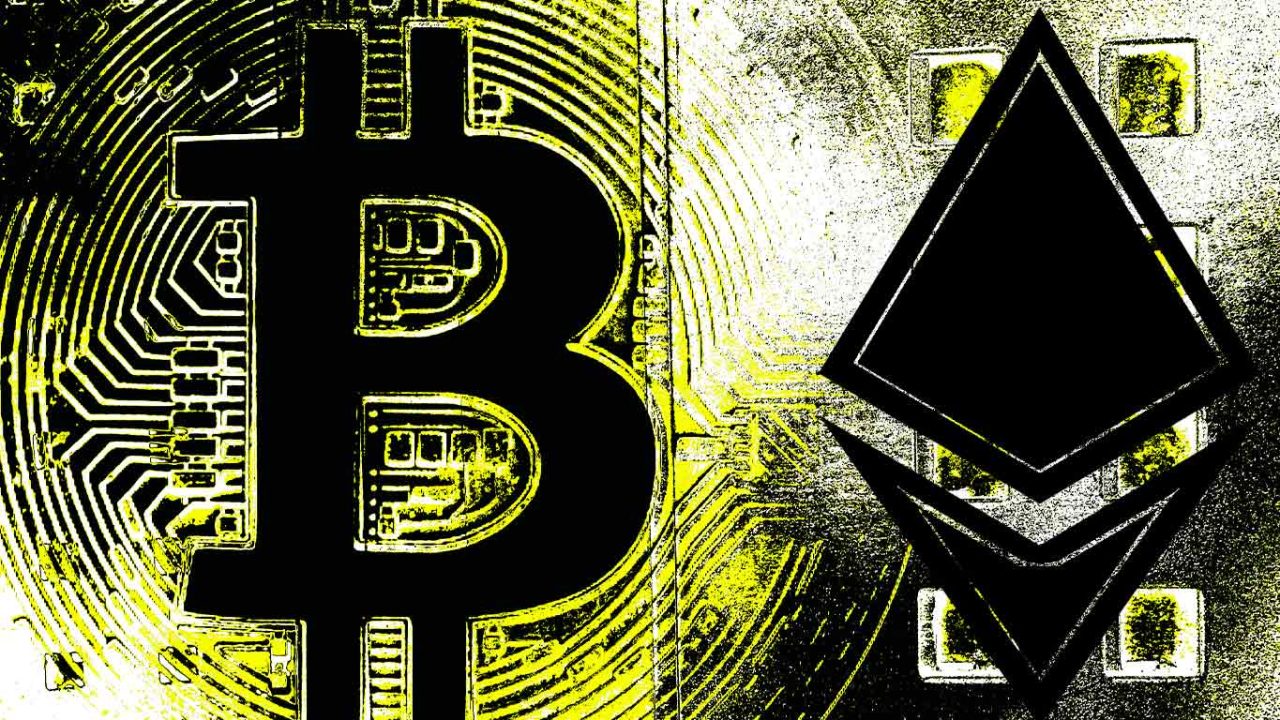The Blockchain
The blockchain is like the accounting ledger for every bitcoin transaction, ever. It
is an open and public ledger that lists every transaction in the currency's history. The
blockchain is the answer for how a digital currency cannot be manipulated and
duplicated. The big problem with digital goods is the ease of which things can be copied
for virtually no cost: music, articles, books, videos. For a money system, the ability for
anyone to be able to copy money freely without limit would lead to some massive
inflationary issues. The blockchain counters the "threat of double count" because it
allows the transference of secure and non-repeatable bits of infonnation on a peer-to-peer
basis, with no middle man, between individuals around the world. The blockchain
introduces property rights and property title into the digit world.
To put this into a better perspective it's important to understand that bitcoins
don't actually exist as a physical thing, they are just digital bits. What exists, what is
traded, is a transaction and a record for accounts. From the moment a bitcoin is mined the
blockchain tracks where it goes for eternity (Santori, M, A. et al. 2016). The ledger keep THE EFFECTS OF CRYPTOCURRENCIES ON THE BANKING INDUSTRY AND MONETARY POLICY
record of amounts, times, and account addresses of every transaction. This information is
public and open to the world and is constantly updated. If an account is created and there
is no record of bitcoins having ever been transferred into that account, but somehow a
person is trying to trade ten bitcoins out of that account, the transaction will not work. It
would be like trying to divide by zero, it simply won't be allowed to happen. The
blockchain knows where every bitcoin is at all times, it is mathematically impossible to
manipulate it or inflate it. It self-corrects itself by its very nature.
One important note to make is that only the information and transfer of bitcoins is
recorded. Not the personal information of either individuals or what was exchanged for
the bitcoins. The blockchain keeps the monetary information public for accountability
and integrity reasons so that the system cannot be manipulated. However personal and
private information is still be kept secret. In fact, personal information never has to be
tied to a bitcoin wallet (an account that hold bitcoins) and a single individual can have an
endless number of wallets if they so desire.
While some individuals feel this makes
bitcoins a tool for criminals and money launderers, bitcoin is no more a tool for any
crime than any other good or resource is. A gun, a knife, rope, ski masks, all have good
uses but can also be used for criminal activity as well. The actions of a few individuals
don't dictate the morality of a morally passive tool or service.
To illustrate the way bitcoin transactions work is that person A will send one
bitcoin to person B for a product. Person B will send the good to person A because
Person B will know that the bitcoin sent to him is real and now solely owned by him. He was not ripped off from an inflated bitcoin. This builds trust in the system and a system
with more trust leads to more prosperity. A system with corruption and theft (especially
through inflation) causes economic harm (Fukuyama, F. 1995). So how do these
trustworthy transactions work and how does the system maintain itself?
This is where bitcoin miners come into the picture. Miners are individuals in the
real world that have purchased specialized computer hardware and downloaded software
that allows them to process massive amounts of data. Hundreds or thousands of
individual bitcoin transactions are packaged into a single data block. The miners then go
through this data "mining it" and checking to make sure that all transaction are verified
with the blockchain.
(Volastro, A. 2014) \Vhen the miners are done with a block, they are
rewarded in two possible ways. They either get newly created bitcoins, or collect a small
fee from each individual transaction in the block, or both. There is beauty in this system
because it creates a fair payment system for miners investing time and money by
providing a service to other bitcoin users, it's also a fair way for new bitcoins to enter the
system by going to those service providing miners.
Currently, most miners don't charge a transaction cost. As fewer bitcoins are
created, or the time comes when no bitcoins are left to be created, their transaction fees
will increase according to demand. This is ho\V the bitcoin system will perpetually
operate and self-regulate. (Coindesk 2015) The more bitcoin transactions that occur then
economies of scale will continue to make each individual transaction lower and lower as
more people use bitcoin.


